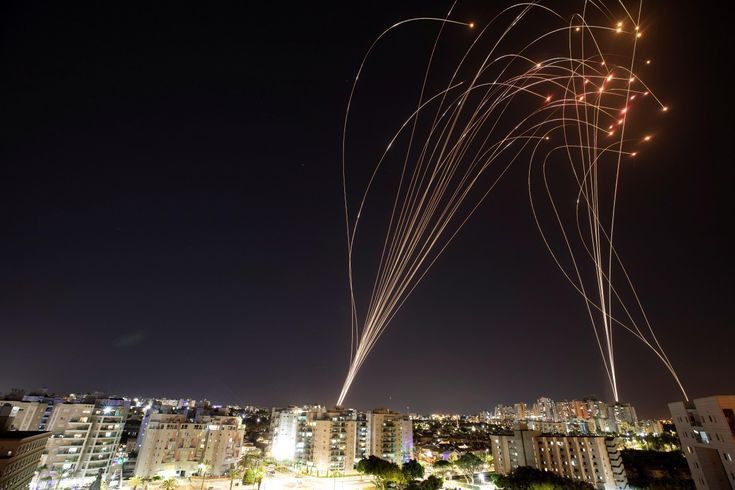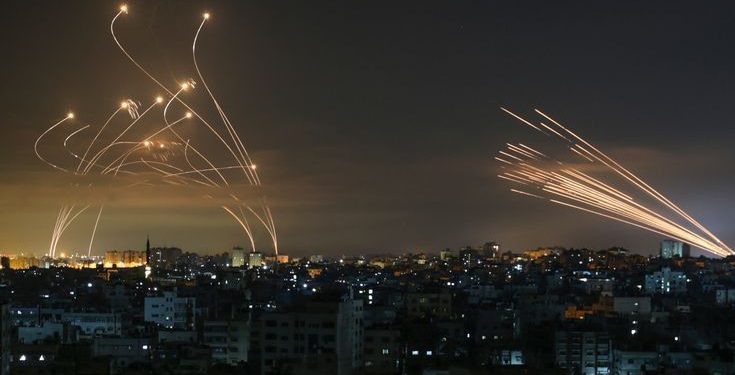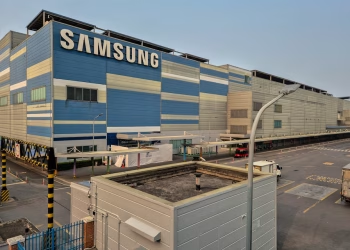Late Friday evening, the Middle East was plunged deeper into conflict as loud explosions rocked central Israel, including Tel Aviv and Jerusalem, following a massive missile strike launched by Iran. This marked the most direct and intense confrontation between the two nations in recent years, with hundreds of ballistic missiles reportedly fired from Iranian territory in retaliation for a wave of Israeli airstrikes earlier this week.
As air raid sirens echoed across Israeli cities, residents scrambled into bomb shelters. Eyewitness footage and local reports confirmed giant plumes of smoke rising over Tel Aviv, accompanied by the sounds of multiple detonations. Emergency services responded rapidly to several locations in and around the city, while Israel’s Iron Dome defense system was seen intercepting a significant portion of the incoming missiles. Despite defensive measures, Israeli media reported at least 22 injuries, and damage to several buildings.

The Iranian missile barrage was widely interpreted as part of what officials in Tehran have described as “Operation Severe Punishment III” a coordinated military retaliation following Israeli strikes that targeted critical Iranian military and nuclear infrastructure. These earlier Israeli operations had reportedly killed several high-ranking commanders of Iran’s Islamic Revolutionary Guard Corps (IRGC), and caused significant damage to facilities near Natanz and Tabriz.
In a pair of fiery posts shared on social media, Iran’s Supreme Leader Ayatollah Ali Khamenei addressed the nation and the international community, declaring that the Iranian people would not allow “the blood of its martyrs to go unavenged,” and promising a “strong response to the evil, despicable, terrorist Zionist identity.” His statements were reposted by the Iranian military, alongside a directive warning civilians not to photograph or share videos of missile or weapons movements. The message emphasized that doing so could compromise military operations and serve Israeli intelligence, signaling that Iran was fully mobilizing not only military forces but also its information control systems.
Notably, Iranian military channels claimed that the country’s air defense systems had successfully downed two Israeli F-35 “Adir” fighter jets during attempted retaliation flights over Iranian airspace. They also alleged that one of the pilots, a female officer in the Israeli Air Force, had been captured. While Israeli officials have denied the claim and refrained from confirming any losses, the report whether true or disinformation added further intensity to an already dangerous situation.
Israel’s leadership responded swiftly. Prime Minister Benjamin Netanyahu held emergency consultations with military chiefs and warned the public that further retaliatory action was underway. In a nationally televised address, he reaffirmed that Israel “will defend itself by any means necessary” and said the military had already begun preparing for counterstrikes. He also controversially stated that “civilian areas may become legitimate targets,” accusing Iran of hiding weapons near non-combatant zones.






















































